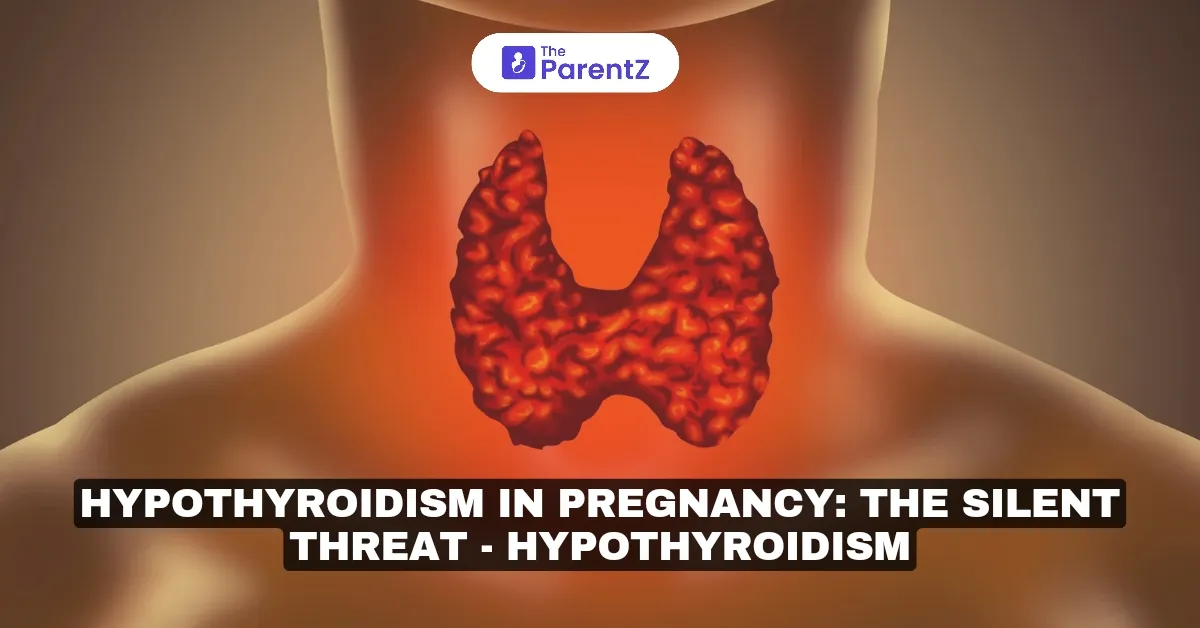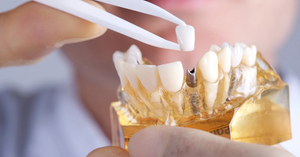Hypothyroidism in pregnancy occurs when the thyroid gland underproduces thyroid hormones (T3 and T4), which are vital for regulating metabolism, energy, and fetal development. If left untreated, hypothyroidism can lead to complications for both the mother and baby.
Causes of Hypothyroidism in Pregnancy
The primary causes of hypothyroidism in pregnant women include:
1. Hashimoto’s Thyroiditis
• An autoimmune disorder in which the immune system attacks the thyroid gland, leading to reduced hormone production.
• It is the most common cause of hypothyroidism during pregnancy.
2. Iodine Deficiency
• Insufficient iodine intake can impair thyroid hormone production.
• Though rare in developed countries, iodine deficiency remains a concern in certain regions.
3. Pre-existing Hypothyroidism
• Women with hypothyroidism before pregnancy may experience worsened symptoms if not adequately managed.
4. Thyroid Surgery or Radiation Therapy
• Previous surgical removal of the thyroid gland or radiation treatments can lead to hypothyroidism.
5. Temporary Thyroiditis
• Inflammation of the thyroid gland, often post-viral, can cause transient hypothyroidism.
Symptoms of Hypothyroidism in Pregnancy
Hypothyroidism symptoms can overlap with normal pregnancy changes, making diagnosis challenging. Common symptoms include:
• Fatigue or excessive tiredness.
• Weight gain beyond normal pregnancy expectations.
• Cold intolerance.
• Dry skin and hair thinning.
• Constipation.
• Depression or mood changes.
• Hoarseness or difficulty speaking.
• Swelling in the neck due to an enlarged thyroid (goiter).
If any of these symptoms are severe or persistent, thyroid function testing is recommended.
Risks of Untreated Hypothyroidism in Pregnancy
Hypothyroidism can pose significant risks to both the mother and the developing baby if left untreated.
Maternal Risks:
1. Pre-eclampsia: High blood pressure during pregnancy can lead to serious complications.
2. Anemia: Low levels of thyroid hormones can contribute to reduced red blood cell production.
3. Miscarriage or Stillbirth: Hypothyroidism increases the risk of pregnancy loss.
Fetal and Neonatal Risks:
1. Developmental Delays: Thyroid hormones are crucial for fetal brain and nervous system development.
2. Low Birth Weight or Preterm Birth: Poor maternal thyroid function can lead to growth restrictions.
3. Congenital Hypothyroidism: Babies born to untreated mothers may have thyroid hormone deficiencies.
Diagnosis of Hypothyroidism in Pregnancy
Diagnosing hypothyroidism during pregnancy involves:
1. Blood Tests:
• TSH (Thyroid-Stimulating Hormone): Elevated levels indicate hypothyroidism.
• Free T4: Low levels confirm reduced thyroid hormone production.
• Anti-TPO Antibodies: Positive in Hashimoto’s thyroiditis.
2. Routine Screening:
• Some experts recommend screening high-risk women (those with a family history or symptoms) early in pregnancy.
Management of Hypothyroidism in Pregnancy
Proper management is essential to prevent complications and support healthy fetal development.
1. Thyroid Hormone Replacement Therapy
• Levothyroxine: The standard treatment for hypothyroidism in pregnancy. It is safe for both mother and baby.
• Dose adjustments are often required, as thyroid hormone needs increase during pregnancy.
2. Regular Monitoring
• Thyroid function tests (TSH and free T4) should be monitored every 4-6 weeks to ensure hormone levels remain in the optimal range.
3. Iodine Supplementation
• Pregnant women need 220 micrograms of iodine daily, typically obtained through prenatal vitamins. Avoid excessive iodine intake.
4. Nutritional Support
• A balanced diet rich in selenium, zinc, and vitamin D supports thyroid health.
• Avoid goitrogenic foods (e.g., raw cruciferous vegetables) in large amounts, as they may interfere with thyroid function.
Preventing Hypothyroidism in Pregnancy
1. Preconception Planning:
• Women with known hypothyroidism should achieve stable thyroid levels before conceiving.
• Pre-pregnancy counseling and early prenatal care are essential.
2. Routine Thyroid Testing:
• High-risk women (e.g., those with autoimmune disorders or a family history of thyroid issues) should undergo thyroid function tests during the first trimester.
3. Healthy Lifestyle:
• Regular exercise, stress management, and a nutrient-rich diet promote overall thyroid health.
Postpartum Considerations
Hypothyroidism may persist or worsen after delivery. Postpartum thyroiditis, a temporary thyroid dysfunction, can also occur.
• Women with hypothyroidism should continue levothyroxine and undergo postpartum thyroid function testing.
• Thyroid hormone requirements typically return to pre-pregnancy levels within a few months.
• Breastfeeding is safe while taking thyroid hormone replacement therapy.
Conclusion: Managing Hypothyroidism for a Healthy Pregnancy
Hypothyroidism in pregnancy, when managed appropriately, poses minimal risk to mother and baby. Early diagnosis, thyroid hormone replacement, and consistent monitoring ensure a healthy pregnancy and optimal fetal development.
If you suspect hypothyroidism or are planning a pregnancy, consult your healthcare provider to create a personalized care plan.








Be the first one to comment on this story.